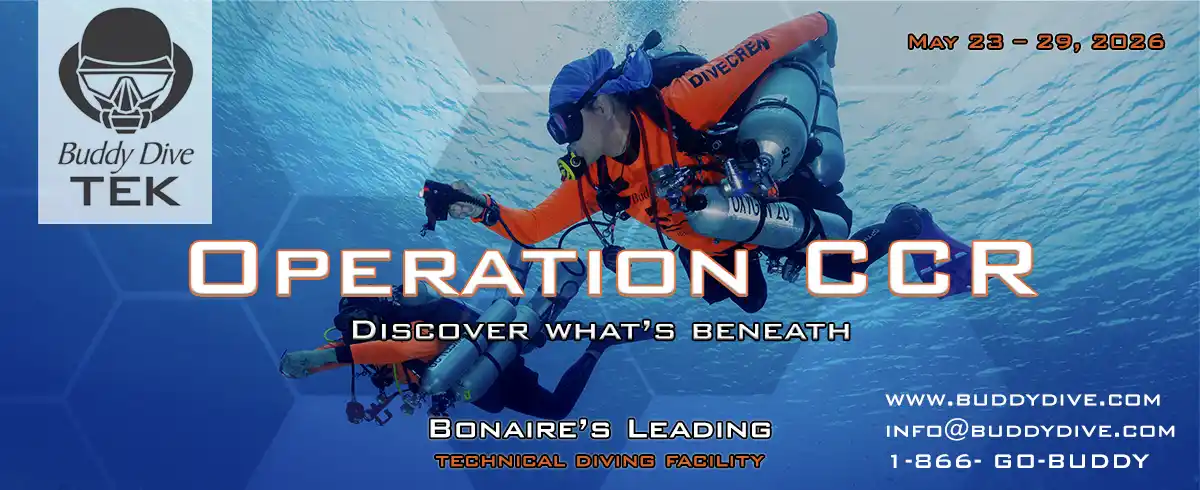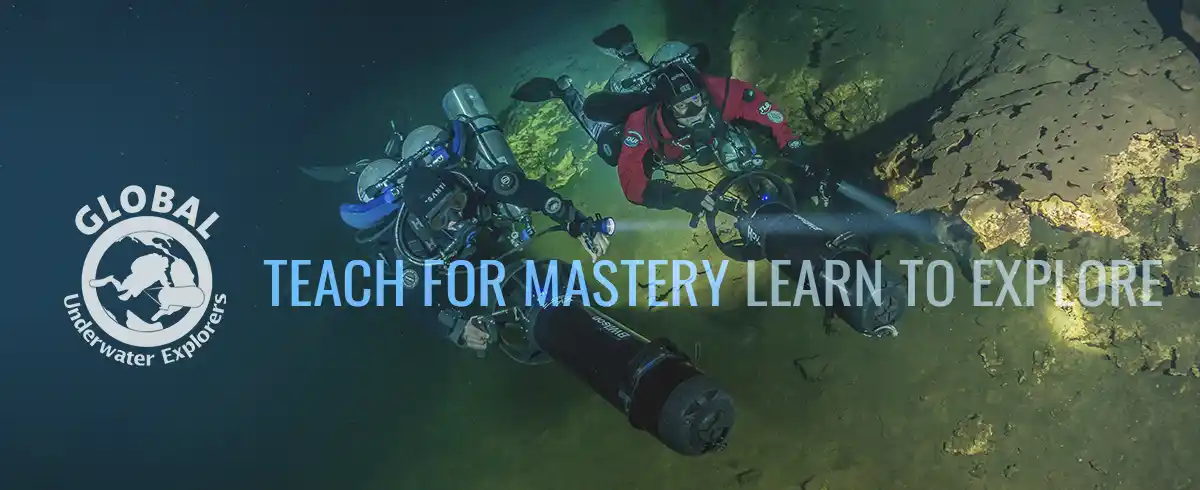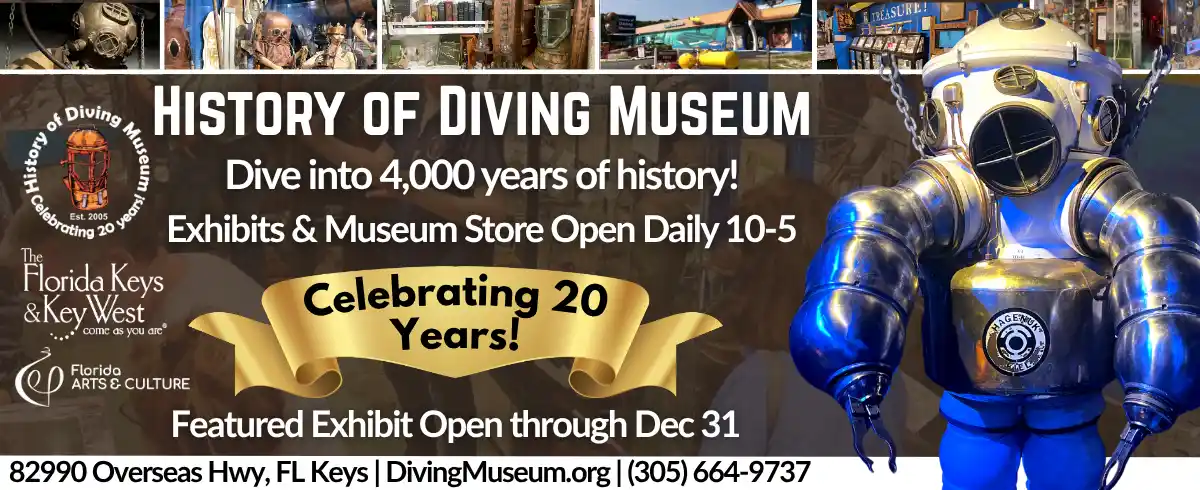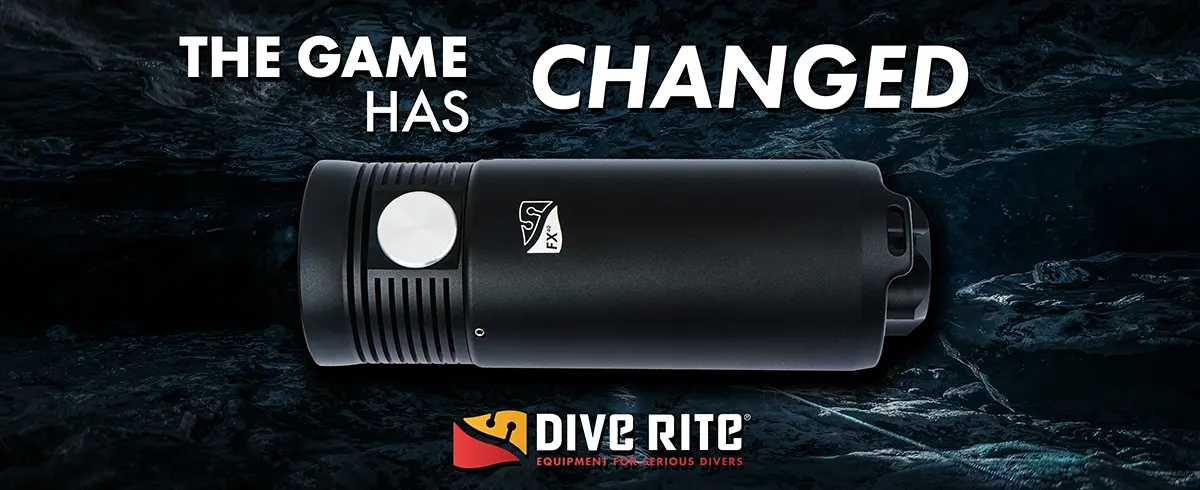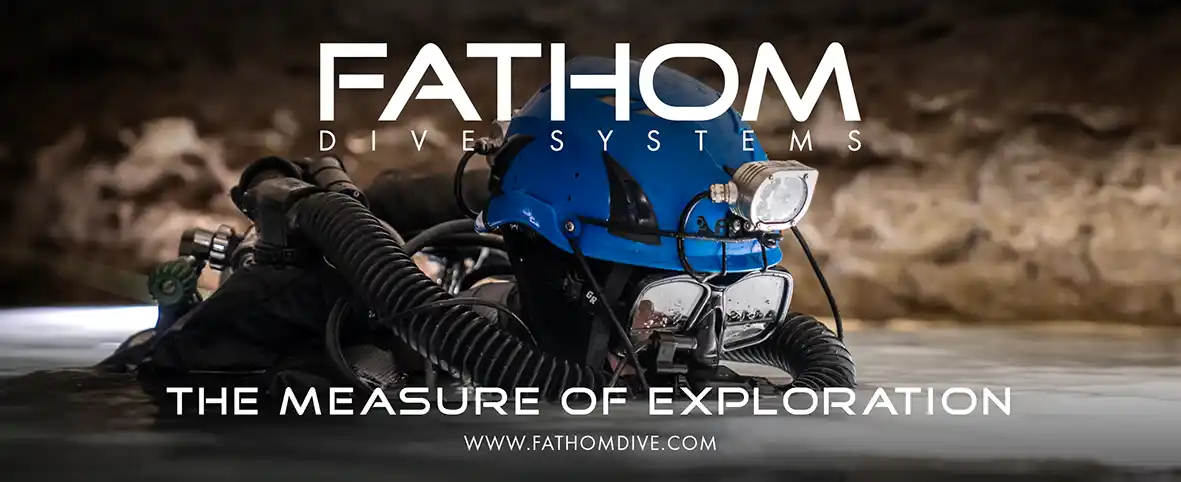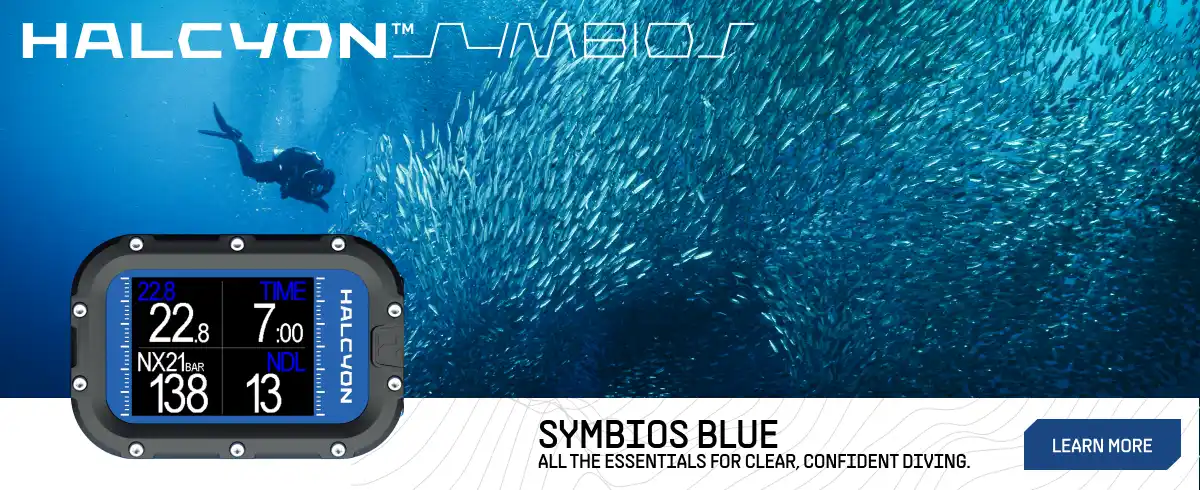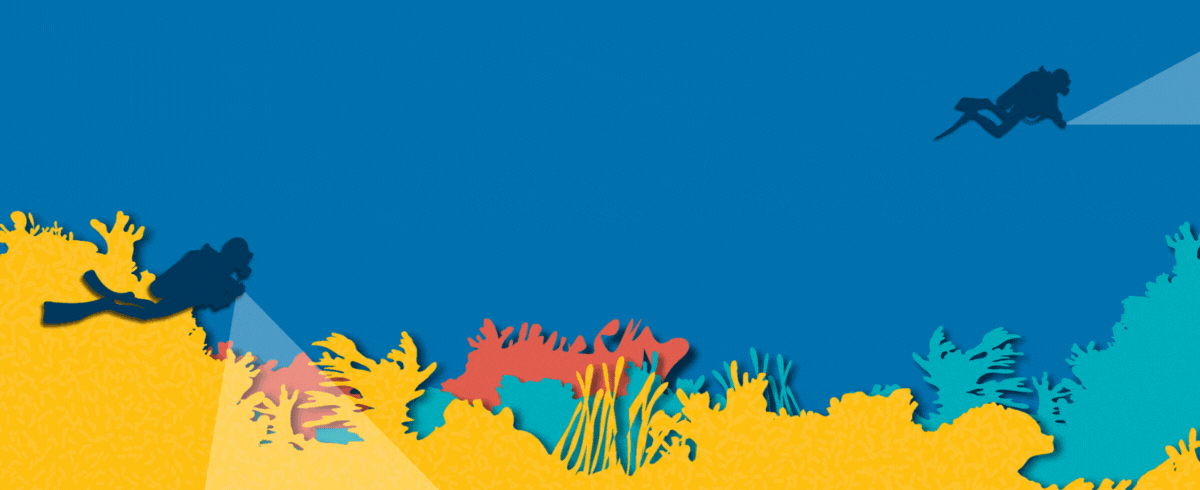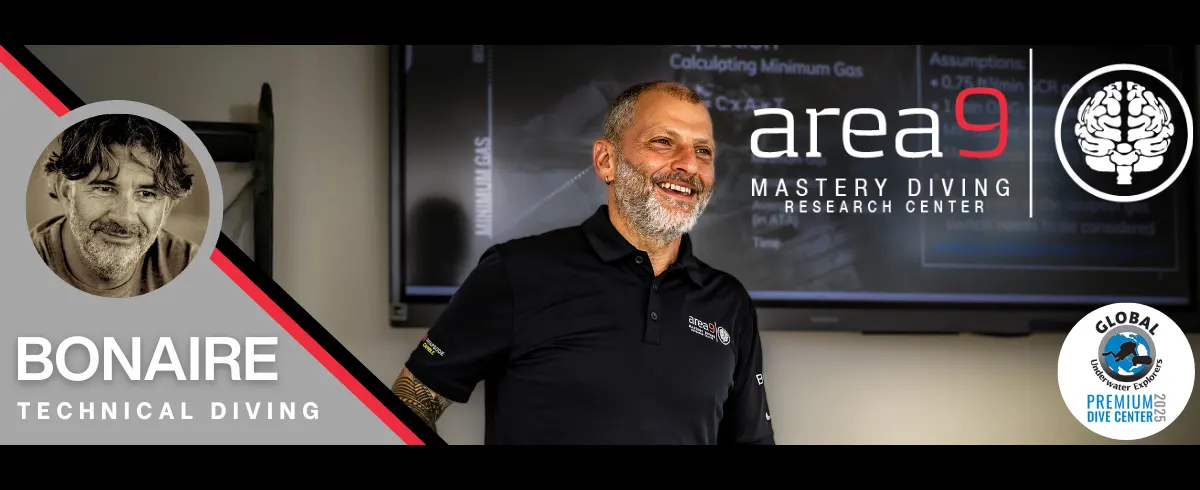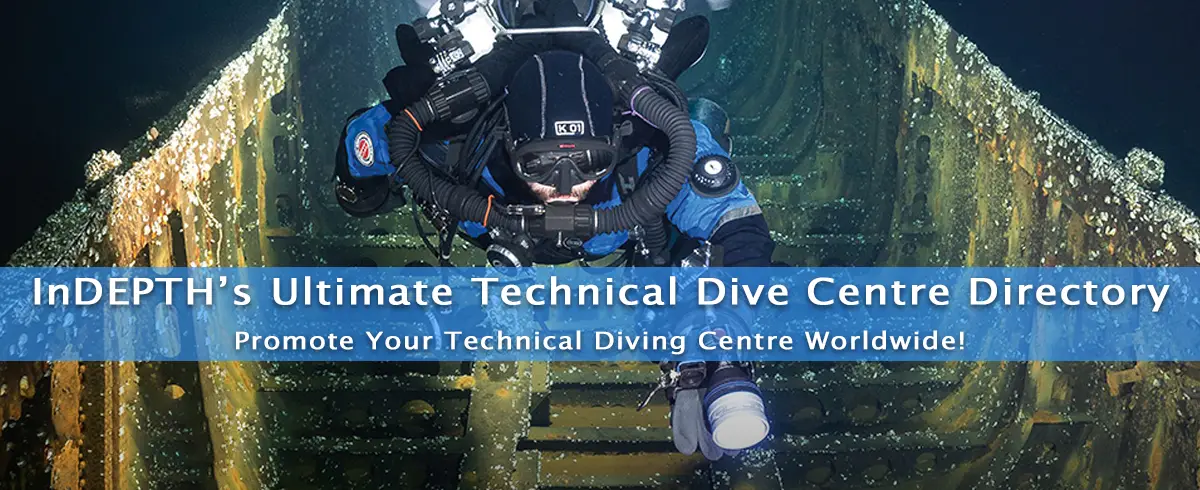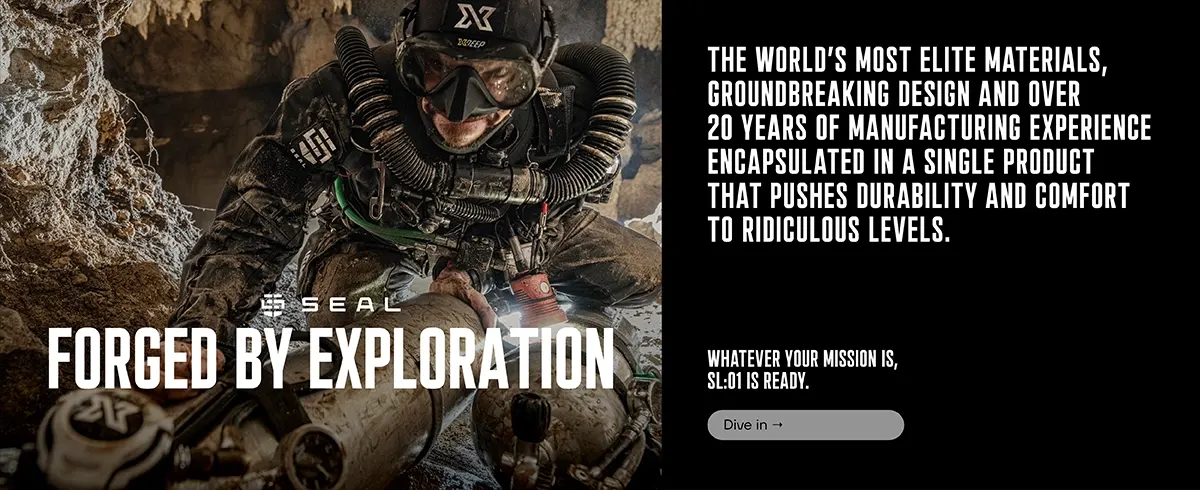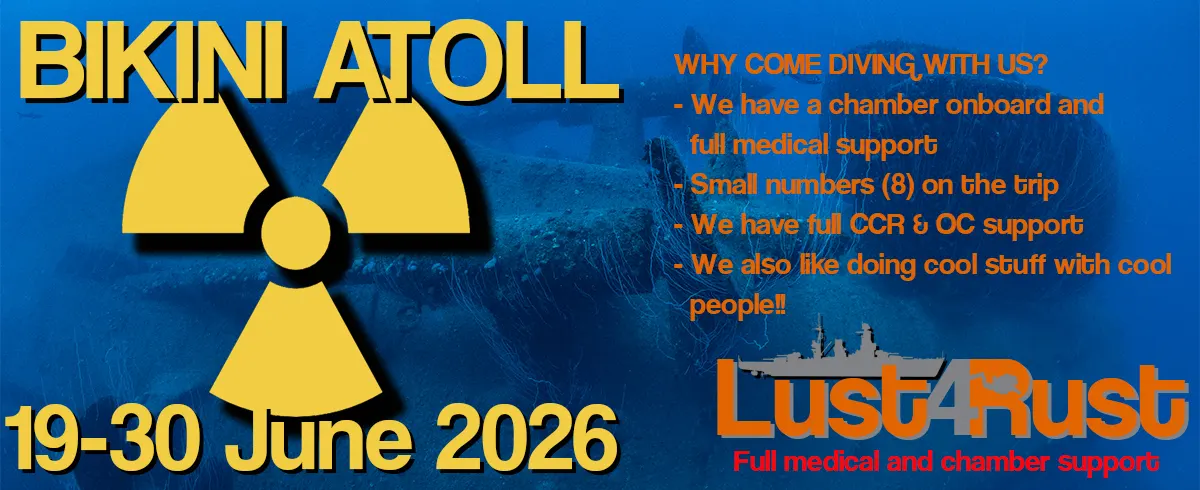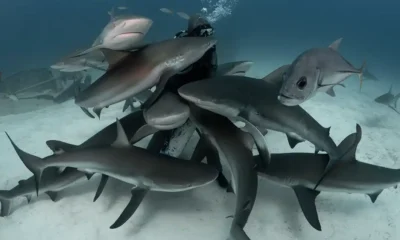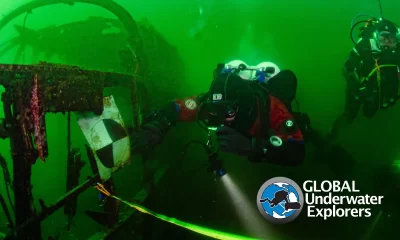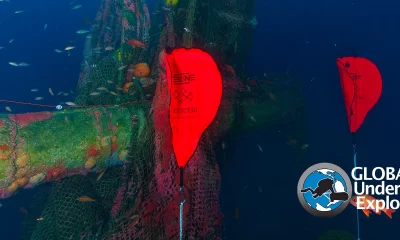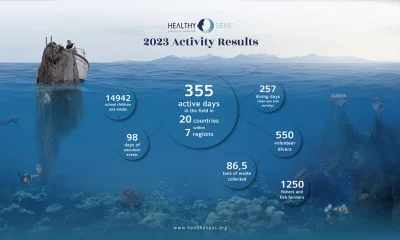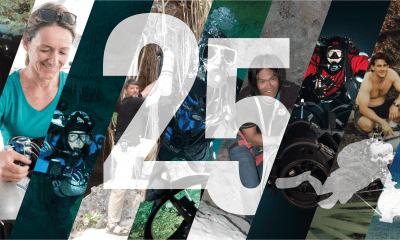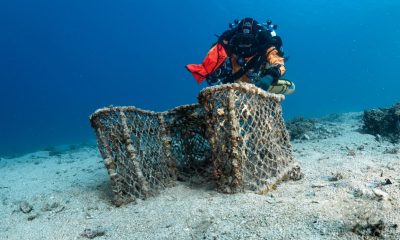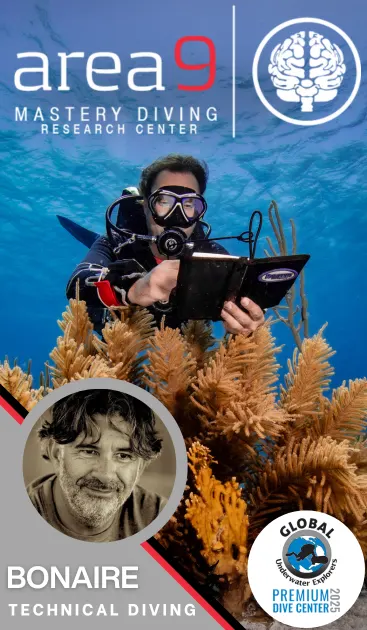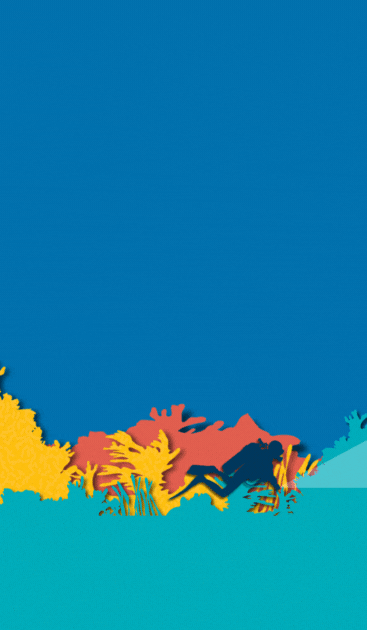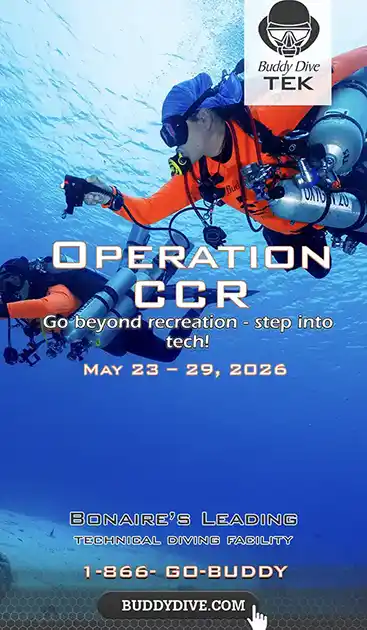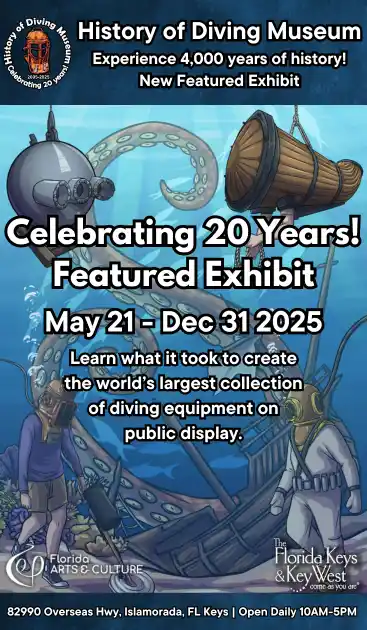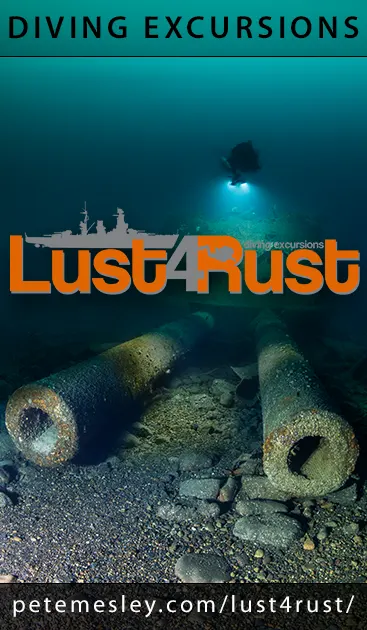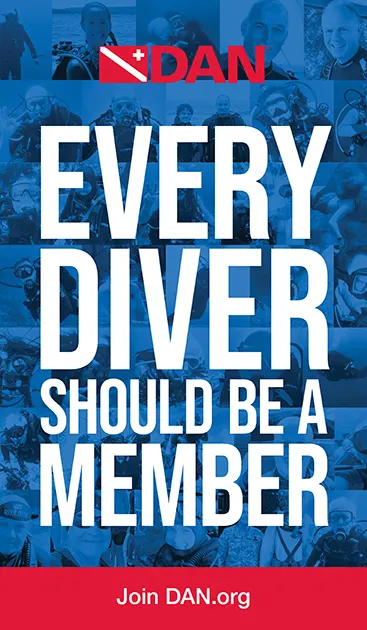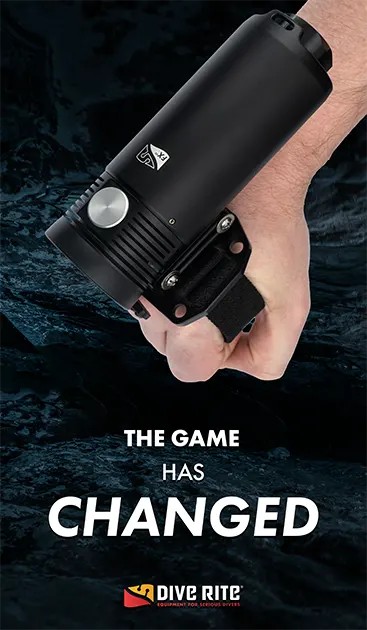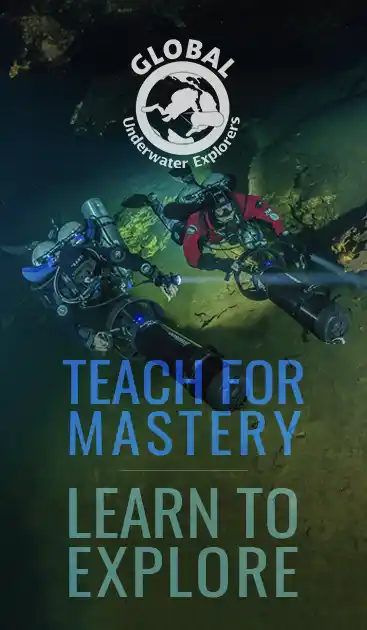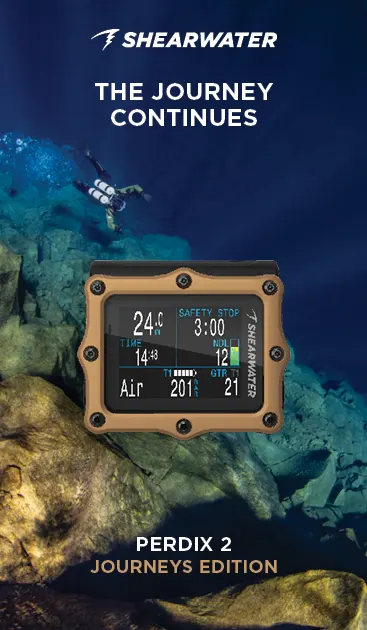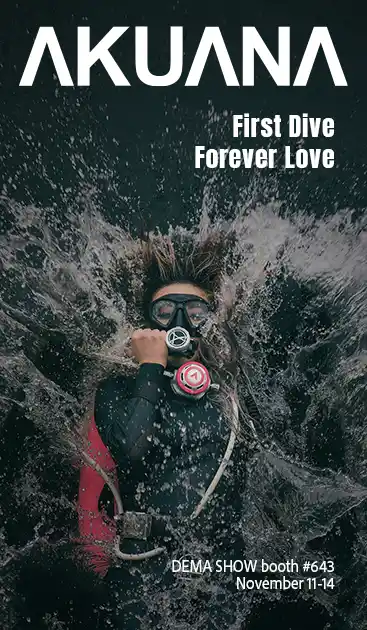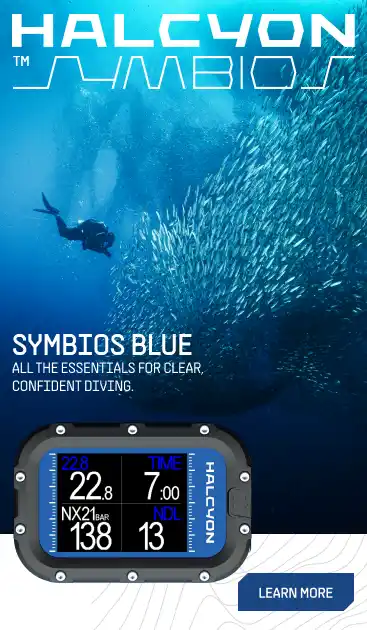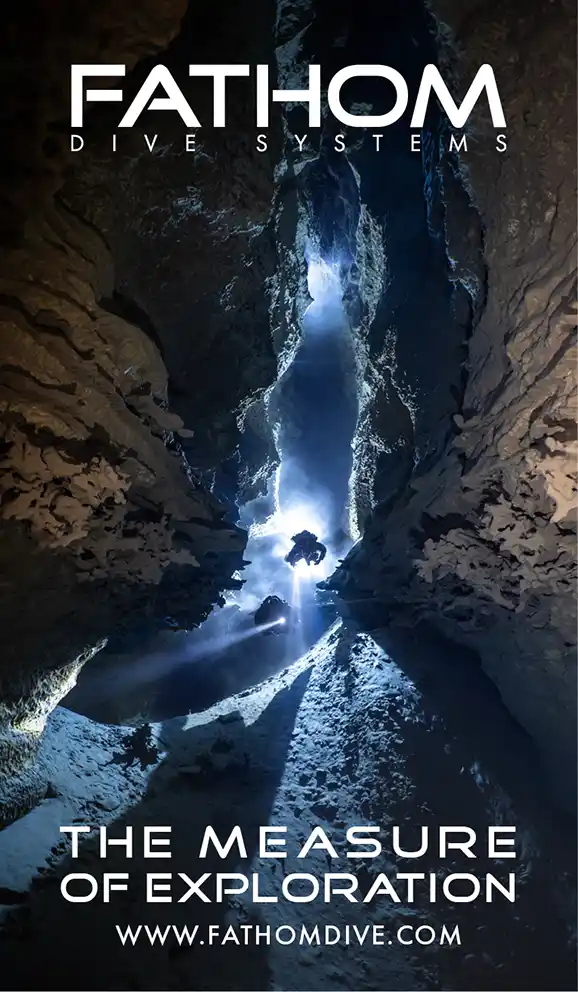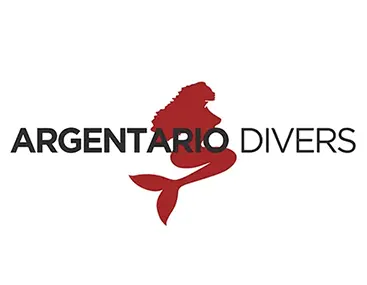Conservation
Dumpster Diving New Zealand Style

By Rob Wilson
The date was February 23, 2014, and I was ready to launch my event, which I called “Fight for the Future.” This particular cleanup was totally inspired by the work of Cas Renooji and Pascal van Erp with their Ghost Fishing adventures in the North Sea. I had watched in absolute awe as these guys operated at 60 meters clearing enormous nets. As a GUE diver with a “Fundies” (Fundamentals) Tech pass, I knew I wasn’t ready for that. However, my enthusiasm would not be curbed. I wanted to make a difference. It wasn’t my first cleanup, but it was the first that I had taken on the organizational lead.
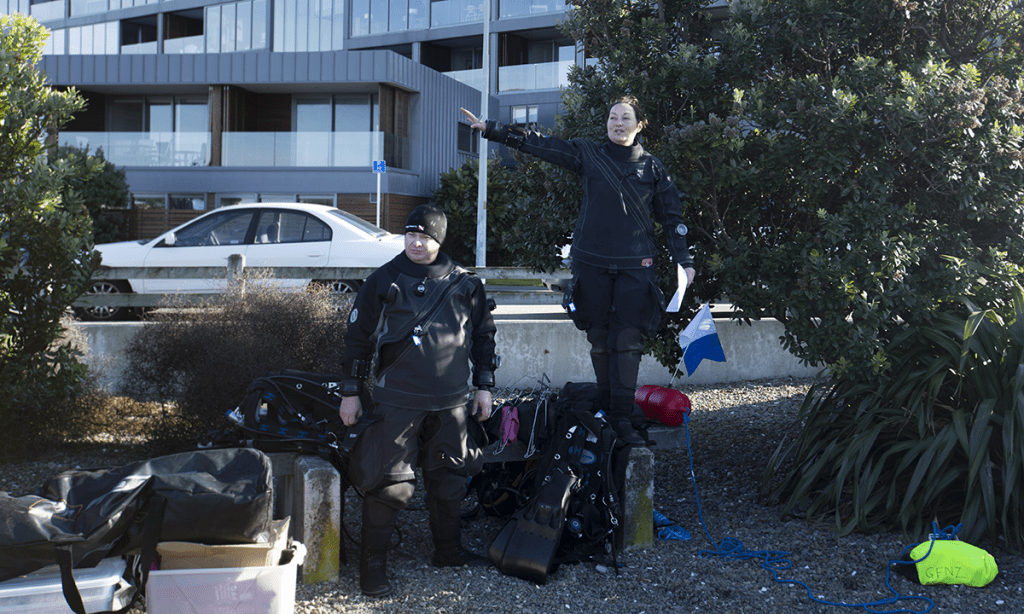
Call it New Zealand Dumpster Diving!
During our first event we hauled out everything from tires to hundreds of kilograms of bottles. All of the divers had a blast, and we were eager to clean up more dive sites. After the success and impressive haul of this first cleanup, we were hooked and consequently started to get more regular cleanups underway.
Our following also grew and we went from strength to strength. We soon affiliated our project with the international Ghost Fishing crew and began sharing information. Cas was coaching me behind the scenes in everything from team management to how to deal with the media.
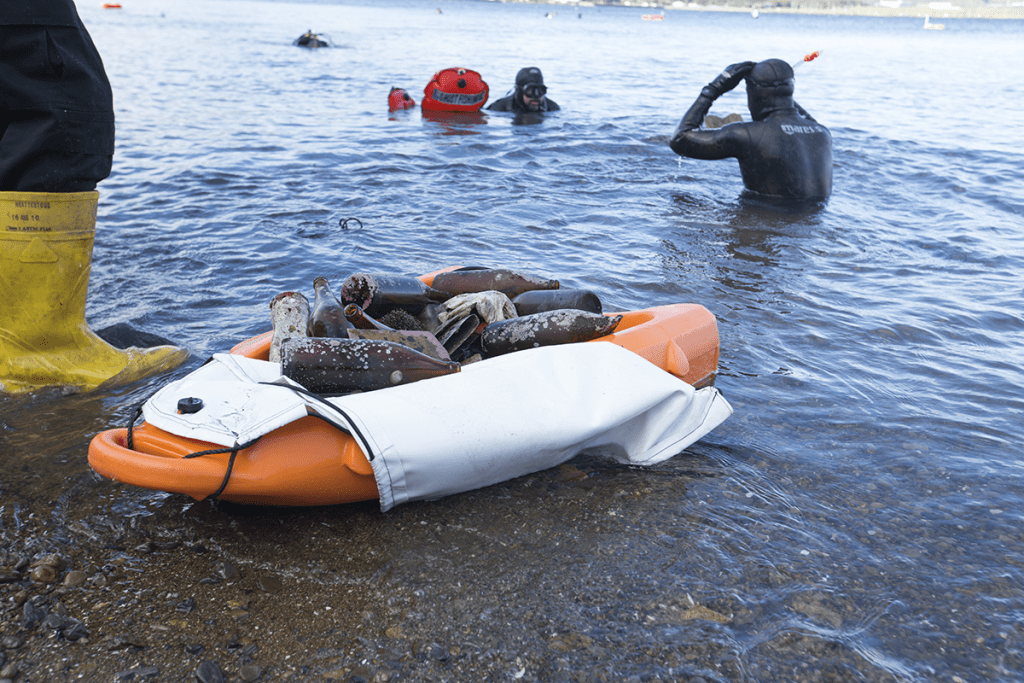
Meanwhile, my Global Underwater Explorers (GUE) training also continued behind the scenes with Instructor Trainer Jamie Obern. I had undertaken various courses and expeditions with Jamie. Each course was like a piece of a puzzle from one grand image that I didn’t even know existed yet, until all of the pieces started to fit together. The skill set that the GUE training with Jamie gave me made operating in extremely low visibility environments a lot easier, so did having good buoyancy and trim. With that skill set, we were able to swim neutrally with multiple street cones and safely do ascents while carrying objects and managing loads of gear.
As Ghost Fishing New Zealand (GFNZ), we have learned a great deal of lessons and are constantly improving and streamlining our skills, including topside safety procedures. We also have an outreach program and go to local schools and businesses to talk about Ghost Fishing and what we do and how anyone can help. We regularly work with local groups and also the NZ Coast Guard to further improve the safety and awareness of our diver teams.
One Person’s Trash is Another Person’s Treasure
The things we have found beneath the surface have been amazing. We found a small section of a comet that fell in Russia in the 1920s, glass jars filled with coins, a Vietnamese whiskey bottle with a king cobra and scorpion in it, and four porcelain toilets—one is now a planter in my garden.







Photo Credit for gallery images: Rob Wilson, Ghost Fishing NZ.
Our team has come from all areas of diving and marine science. We have free divers and every level of diver from open water divers to trimix-certified CCR divers. And we’ve grown in both number and capability since our first cleanup. The feeling of bringing so many people together as a community, to fight for our shared future, is incredible.
We have also won some fantastic awards. We were lucky enough to win one of New Zealand’s most prestigious diving awards, the NZUA Leo Ducker award, for our work, along with multiple awards and recognition for the environment and heritage. For our team and volunteers to be recognized for the work we have done is incredibly humbling and a great honor. Our goal is to work toward making it more beautiful down under!
Interested in reading more aquatic conservation stories? Find more here.

Rob Wilson, one of the youngest scuba divers to certify in New Zealand at age 13, is a photographer by trade (specializing in astro and landscapes) and founder of Ghost Fishing NZ (GFNZ), a volunteer organization that removes more than a ton of rubbish from the capital’s waters every month. Rob got involved with cleanup dives in 2010 when the local dive shop needed volunteers. “That first time I got such a rush out of knowing the 25 plastic bottles I removed wouldn’t be able to harm sea life.” He has been participating in and managing cleanup dives ever since.


